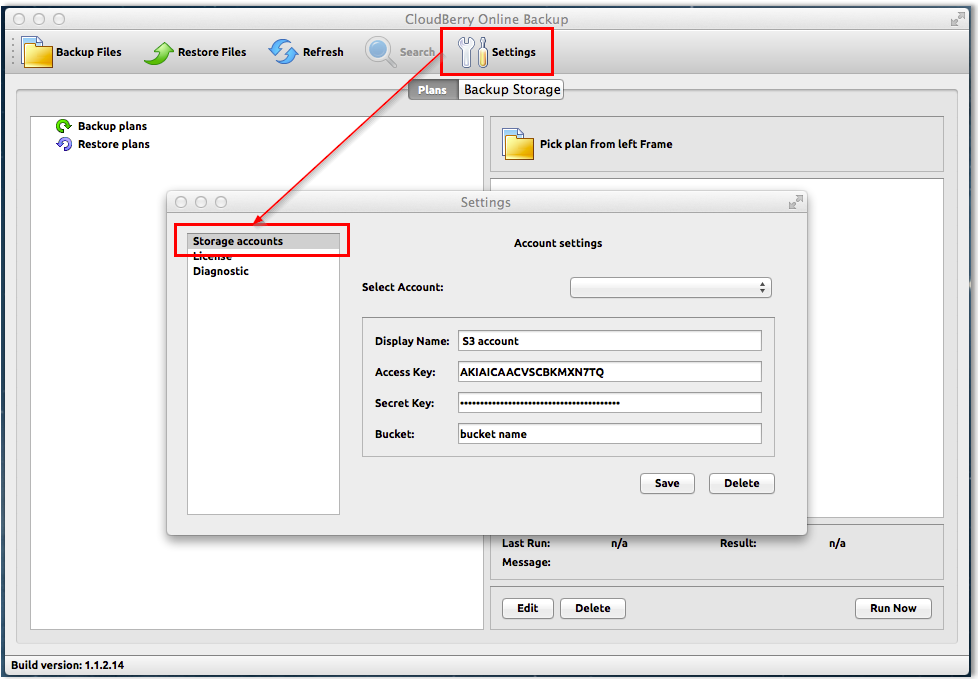

It can also back up databases to an FTP server or a folder on your local machine, network server, or storage device.

This software allows you to back up your SQL Server databases to many popular cloud storage services such as Dropbox, OneDrive, Amazon S3, Microsoft Azure, Box, and Google Drive. Full and differential backups can also be triggered manually from the main window.Free download SQL Backup Master 6.3.610 full version standalone offline installer for Windows PC, SQL Backup Master Overview SQL Backup Master offers full support for scheduling full, differential, and transaction log backups. Includes full support for secure SMTP via SSL. SQL Backup Master keeps you informed by (optionally) sending you an email when a backup job succeeds or fails. A set of predefined backup plans makes getting started a breeze. SQL Backup Master provides a simple (yet robust) scheduling mechanism that allows you trigger full, differential, and transaction log backups at periodic intervals. SQL Backup Master provides backup redundancy by allowing any number of databases to be backed up to multiple destinations (such as Amazon S3, FTP, Dropbox, Google Drive, etc.). Within minutes of installing SQL Backup Master, you'll be able to back up your SQL databases to local or network folders, FTP servers, and off-site cloud drive services such as Dropbox, Amazon S3, Azure Storage, OneDrive, Google Drive & Box. It also offers rich compression, encryption, scheduling, recovery, and notification services - so that you can stop worrying and get back to business. SQL Backup Master comes to the rescue by providing an easy way to upload your database backups to one or more affordable (or free) cloud storage services. It can also back up databases to an FTP server - or a folder on your local machine, network server, or storage device.īacking up your SQL Server databases to the cloud shouldn't be complicated or expensive. SQL Backup Master backs up your SQL Server databases to any number of popular cloud storage services such as Dropbox, OneDrive, Amazon S3, Microsoft Azure, Box, and Google Drive.


 0 kommentar(er)
0 kommentar(er)
